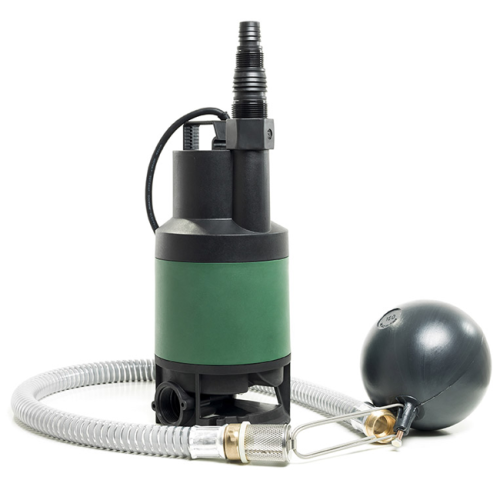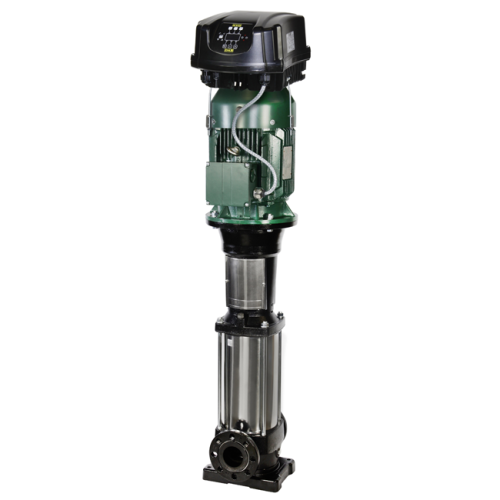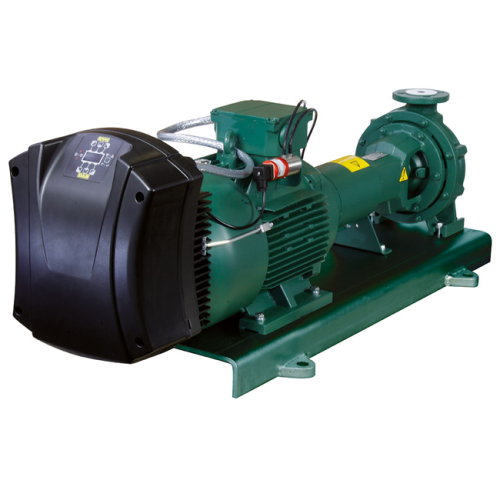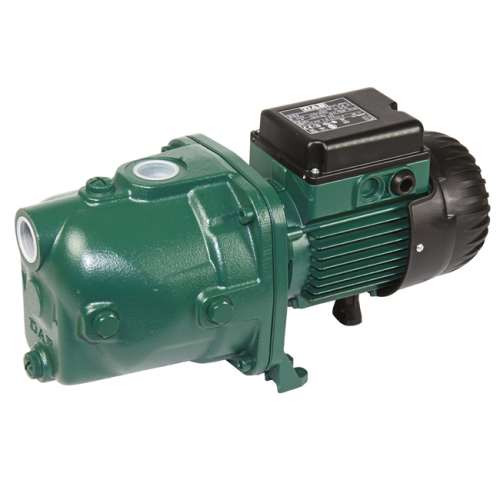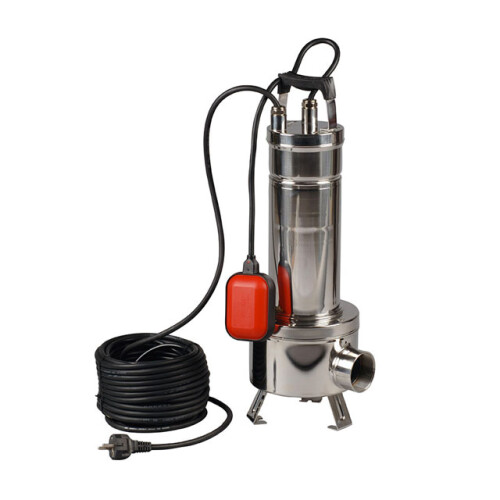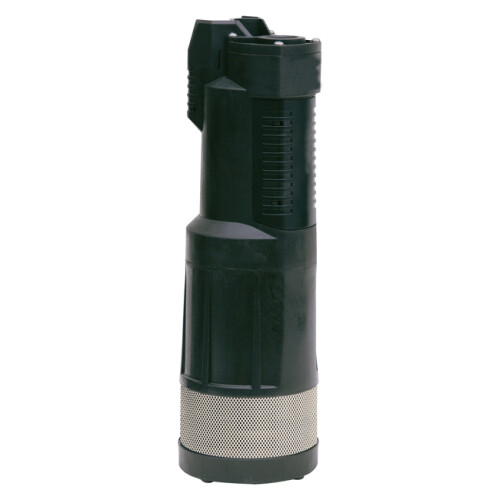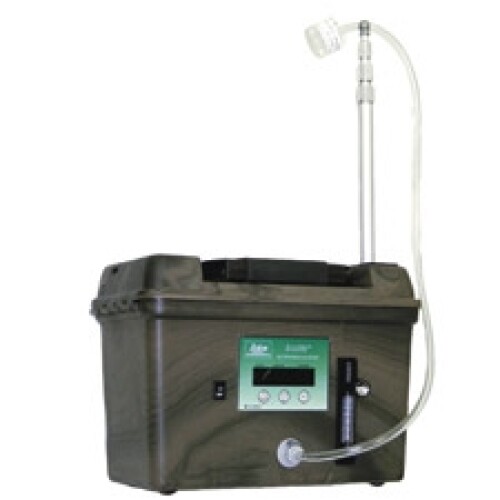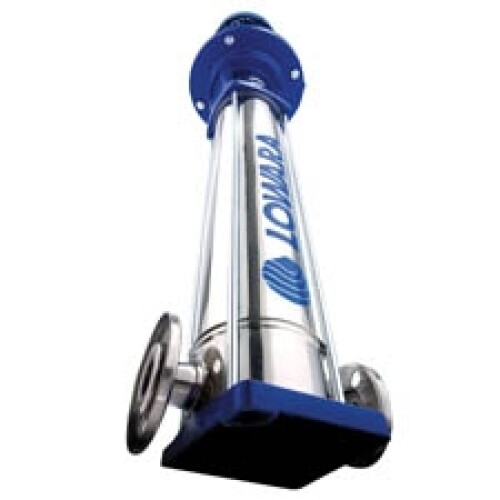Pumps and circulators
Pumps: essential components for efficient hydronic systems
Pumps are fundamental elements in hydronic and HVAC/R systems, essential for ensuring the proper flow and distribution of fluids within heating, cooling, and air conditioning systems. These components are responsible for circulating water or other heat transfer fluids, enabling the transfer of heat or cold between different points of the system, optimizing energy efficiency, and ensuring smooth and safe operation.
Operation and types of pumps
Pumps used in HVAC/R systems can vary based on their specific function and system requirements. The main types of pumps include:
- Circulation Pumps: These pumps are designed to maintain a continuous flow of hot or chilled water in closed heating or cooling circuits. Circulation pumps are ideal for underfloor heating systems, radiators, and hydronic cooling circuits, ensuring uniform water circulation throughout the system.
- Wastewater Pumps: Used in drainage and discharge systems, these pumps are designed to handle fluids containing solid particles or sludge. They are essential for efficiently disposing of wastewater, protecting the integrity of the system, and preventing clogs or failures.
- Variable Speed Pumps: These advanced devices automatically adjust their speed based on system demands, optimizing energy consumption and reducing operational costs. Variable speed pumps are particularly suitable for large HVAC/R systems where operating conditions vary according to thermal load.
- Multistage Pumps: Characterized by higher output pressure, multistage pumps are ideal for applications requiring the pumping of fluids over long distances or at high pressure, such as in industrial plants or large commercial buildings.
Advantages of pumps in HVAC/R systems
The use of efficient and reliable pumps in hydronic systems offers numerous benefits:
- Energy Efficiency: Modern pumps are designed to minimize energy consumption, contributing to overall system efficiency and reducing operational costs. Variable speed pumps, in particular, adjust their power based on demand, lowering consumption when full capacity is not required.
- Reliability and Durability: High-quality pumps are built to withstand the most demanding operating conditions, ensuring continuous operation and reducing maintenance needs. This reliability is crucial in environments where flow interruption could compromise the entire HVAC/R system.
- Noise and Vibration Reduction: Modern pumps are designed to operate quietly and with minimal vibrations, improving acoustic comfort in the environments where they are installed. This is particularly important in residential and commercial applications, where occupant comfort is a priority.
- Ease of Installation and Maintenance: Many pumps on the market are designed for easy installation and maintenance. Features such as quick connections, easy access to internal components, and remote control options make pump management simple and safe.
Pump applications in HVAC/R systems
Pumps are used in a wide range of HVAC/R systems, each with specific requirements:
- Heating Systems: In hydronic heating systems, pumps are essential for circulating hot water from heat generators to radiators or radiant panels, ensuring uniform heat distribution throughout the building.
- Cooling Systems: In cooling systems, pumps ensure that chilled water is evenly distributed through cooling circuits, maintaining desired indoor temperatures.
- Industrial Applications: Pumps are also used in industrial environments for fluid transfer in production processes or machinery cooling. The robustness and efficiency of industrial pumps are crucial for ensuring the proper functioning of production processes.
- Drainage and Wastewater Systems: Pumps are essential for wastewater management in both civil and industrial plants, ensuring that fluids are safely and efficiently disposed of.
Innovations in HVAC/R pumps
The HVAC/R pump sector is continuously evolving, with innovations aimed at further improving energy efficiency, reliability, and sustainability. Key advancements include:
- Smart Control Technologies: Modern pumps can be equipped with intelligent control systems that monitor operating conditions and automatically adjust pump speed and power based on demand. This enables continuous performance optimization and energy savings.
- Advanced Materials: The use of corrosion-resistant and wear-resistant materials enhances pump durability, making them suitable for operation in harsh environments and extending their lifespan.
- Sustainable Solutions: Pumps are increasingly being designed to operate with a reduced environmental impact, using high-efficiency motors and recyclable materials, contributing to sustainability goals.
Pumps are vital components in hydronic and HVAC/R systems, offering versatile and efficient solutions for heating, cooling, and water management. Thanks to continuous technological innovations, modern pumps provide high performance, reliability, and energy savings, meeting the needs of residential, commercial, and industrial applications.


